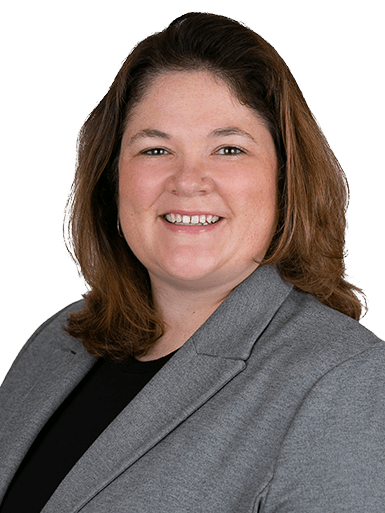PPP Payment Due Dates Approaching
AAFCPAs reminds clients who received Paycheck Protection Program (PPP) loans of the payment due dates. PPP borrowers are eligible to apply for forgiveness at any time before their loans’ maturity date (loans made before June 5, 2020 generally have a two-year maturity, while loans made on or after that date have a five-year maturity, although this was negotiable with your lenders).
If you do not apply for forgiveness within 10 months after the last day of the “covered period,” PPP loan payments will no longer be deferred and you must begin making payments to your lender even if full forgiveness of the loan is expected. As a reminder your covered period is the 8-to-24-week period beginning with the date of disbursement of your PPP loan.
That 10-month period is coming to an end for earlier borrowers.
Borrowers receiving PPP loans in the initial period, which was early to mid-April 2020 will have due dates that began in July 2021. If a loan forgiveness application is received by the due date, payments continue to be deferred until a decision on the forgiveness application is made by the lender and the Small Business Administration (SBA).
Borrowers may apply for forgiveness by filing forms with their lenders, usually through their lender’s portal, the lender will in turn submit this information to the SBA. The specific form is dependent on the size of the loan and the organizational structure (i.e., sole proprietor, independent contractor, or self-employed individual with no employees).
If the SBA does not forgive your PPP loan (or if it is forgiven in part), the lender will notify you of when the first payment is due. Interest shall accrue during the time from disbursement of the loan proceeds to SBA remittance to the lender of the forgiven amount, and the borrower is responsible for the accrued interest on any amount of the loan not forgiven.
PPP/ERTC Overlap
Some clients delayed filing their forgiveness applications to maximize and take advantage of the employee retention tax credits (ERTC). As a reminder, for most organizations qualified payroll costs paid after March 12, 2020 through Sept 30, 2021 that are taken into account for purposes of calculating the ERTC cannot be included when calculating eligible payroll costs for PPP loan forgiveness. AAFCPAs advises clients to pay careful attention to when your 10-month period expires to avoid triggering loan repayment.
What happens if you don’t submit for forgiveness within the 10-month deferral period?
It is not too late to get full forgiveness! In some cases, lenders have begun direct debiting payments from the deposit account. Since borrowers may apply for loan forgiveness any time before the loan maturity date, there is still potential to obtain full forgiveness and therefore a refund of those payments. If you then receive 100% loan forgiveness, you will receive a refund of the loan payments, including any interest. For cash flow purposes, clients are encouraged to do their best to apply for forgiveness before the expiration of the deferral period.
If you have any questions or need assistance, please contact Courtney McFarland, CPA, MSA, at 774.512.4051, cmcfarland@nullaafcpa.com; or your AAFCPAs Partner.
AAFCPAs has helped numerous businesses obtain full forgiveness of their PPP loan and prepared ERTC filings that have resulted in additional funds.

